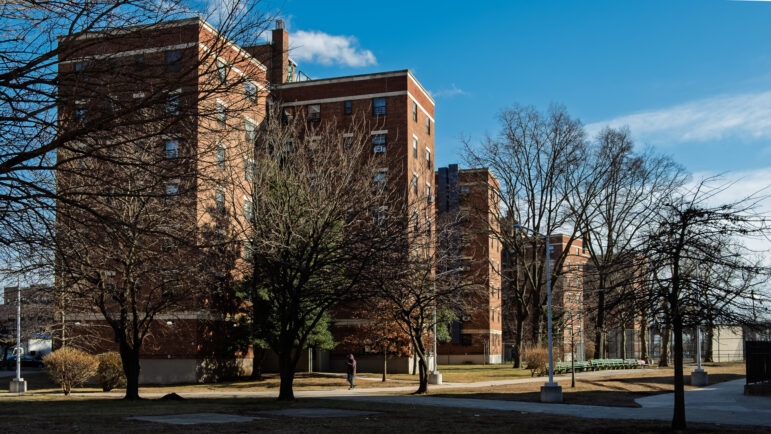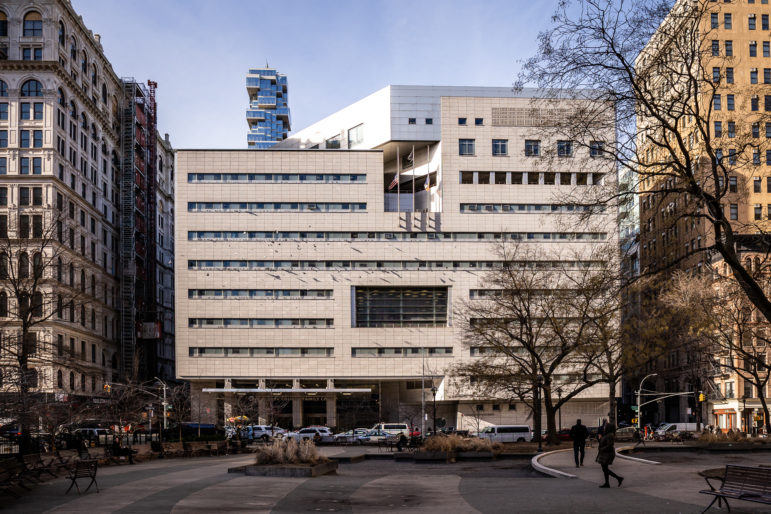Mel Martinez, secretary of the Department of Housing and Urban Development, recently honored the 35th anniversary of the Fair Housing Act by joining President Lyndon Johnson’s daughter in HUD’s cafeteria to pledge to keep fighting housing discrimination.
The Open Housing Center, New York City’s headquarters for aggressively investigating charges of bias in housing sales and rentals, marked the occasion by closing its doors-for good.
Last October, Martinez’ agency rejected the 32-year-old center’s request for $250,000 from HUD’s Fair Housing Initiatives Program. Because the center relied entirely on that funding to run the program-which entailed sending undercover investigators out to test real estate agents and landlords on their fair housing practices-it was forced to shut down on March 31.
“This agency was there to help victims of housing discrimination,” said Shanna Smith, president of the National Fair Housing Alliance, which included the Open Housing Center. “There’s just an incredible void now in New York City.”
For HUD, however, it was simply a matter of money. With only $20.2 million to allocate among about 100 fair housing centers around the country, the agency makes these grants competitive. “The performers which rank highest are funded,” said HUD spokesperson Adam Glantz.
He would not say why the Open Housing Center did not make the cut this year, but it is clear HUD has slowly been cutting the center. Last year, its annual budget dropped by about $100,000, and the number of cases it handled fell from 183 to 76.
Now, New Yorkers are left with few options for filing complaints of discrimination, however. Some private organizations, like Bronx Independent Living Service and Asian Americans for Equality, do investigate housing discrimination, but they focus on specific communities.
The New York City Human Rights Commission conducts citywide investigations, but only in response to specific complaints; the Open Housing Center routinely sent volunteers to test realtors and landlords at random. The commission also does not conduct the aggressive undercover testing that the center was known for.
“We would walk around neighborhoods and do testing. We were the first stop for people who suspected something wrong,” said Victor Goode, chair of the center’s board and an expert in civil rights and housing law. And their work had a real effect, he added: “There is a greater likelihood that real estate agents will be scrupulous if they know they can be tested.”
Since housing activist Betty Hoeber founded the center in the 1970s, it has looked into thousands of cases.
Goode admits the center could have done a lot more to diversify its funding, but adds that raising private money for fair housing issues is not easy. Still, he and his colleagues are determined to try to keep the center alive. “We want to make sure the public is covered in some way,” he said.
Advocates for tenants certainly hope they succeed. “Basically,” said Jenny Laurie, director of Met Council on Housing, “they forced discriminating, racist landlords to accept black and Latino families.”








